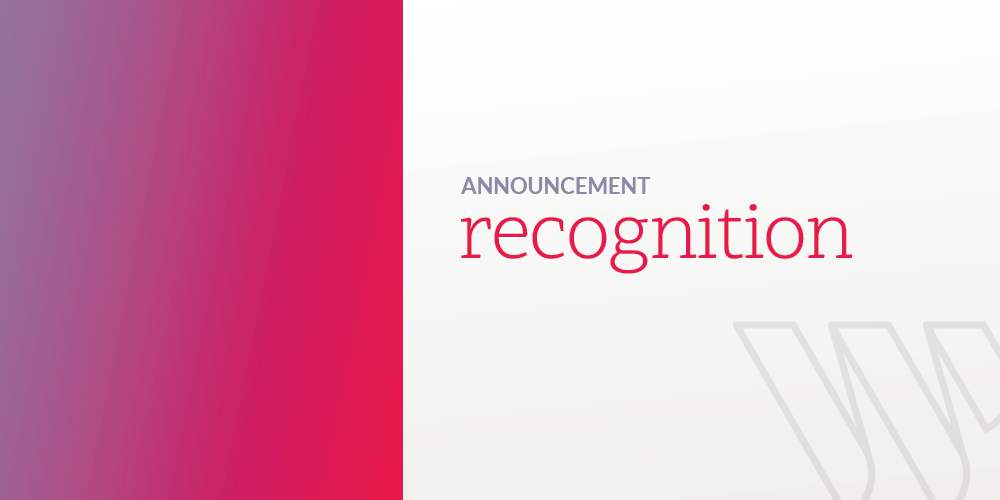Paul Loh does a Q&A session with Minority Corporate Counsel Association (MCCA) Diversity & the Bar for the May/June 2013 issue.
In the article, Paul reflects on his firm, his career, and his innate approach to diversity in the legal profession.
You practiced at an AmLaw 100 litigation firm. What did you learn from the Big Law experience?
For purposes of starting and running my firm, the most useful thing I learned from the Big Law experience is the importance of having formal systems, policies, and accountability. I’ve seen many smart people I know who started or run small firms falter or struggle because they focused only on “getting the case” or thought that a small firm can be managed with informal or loose rules. A small firm is still a business. To thrive, a small firm, like a big firm, needs regular and clear/fact-driven assessments of all aspects of the business, from human resources, productivity, and managing, to fee arrangements, attorney and staff performance, and case results.
You helped found your firm in 2002. Why did you choose to start your own practice?
I wanted to build the premier minority-owned trial firm in the country. Starting with my generarion, I saw a marked growth in the number of minorities admitted to elite law schools and entering the legal profession, tracking the emerging diversification of society in general. At the same time, trial was becoming a lost art and there was nobody-minority or otherwise-seeking to fill this critical void. I saw this as a remarkable opportunity for me and my firm.
What are the benefits of a small firm?
I can speak only to the benefits of my firm. Being a relatively small size, we have thorough quality control. This means we have the luxury of being highly selective in building our ranks with elite lawyers who are committed to a singular mission: getting winning results for our clients. Our lawyers consistently take a trial-oriented approach to our cases, seeking to establish and assess the “story” of each case as early on as possible, which invariably leads to earlier and more optimal disposition of cases, either through dispositive motions or settlement. And, if the matter should proceed to trial, we will present to the jury a case that has been thoroughly developed and vetted-and worked and re-worked-starting since day one.
What are you most proud of in your career?
The currency of the legal business is trust. It takes a long time to earn but can be lost in a moment. I take great personal satisfaction each time a client engages us for a matter, especially when it’s a repeat client. Every time a client retains a law firm-particularly if the firm is not a large, branded firm-the client risks some of his or her own credibility by placing their trust in the lawyer. When a client calls me to engage our firm for a case, or just to seek advice or a second opinion on a case someone else is handling, I feel immense satisfaction in knowing that we’ve earned the client’s trust to get that call. Knowing you’ve done right by the client is an enormously rewarding feeling.
You immigrated to the U.S. when you were young and have established yourself as a nationally recognized attorney. Did diversity and inclusion programs help your education or career?
In terms of my personal education and career, to my knowledge, I have not benefitted from diversity or inclusion programs. In terms of my firm, I know we’ve benefitted greatly from clients who have the wisdom and judgment to know that large or majority-owned firms do not have a monopoly on elite lawyers and the courage of conviction to give us a chance to earn their trust. And by this, I don’t mean giving a chance merely on small or routine cases but, rather, complex and substantial litigation matters that require the best and brightest talent. Diversity is certainly a key part of this calculus. Ultimately, I think we’ve benefitted most from clients who realized we can do the job as well-if not-better-than large or majority-owned firms, and at a rational price. In today’s economy, it is simply smart business for clients to hire us because we are great lawyers, who also happen to be minorities.
See the full Diversity & the Bar Q&A with Paul here.
ABOUT MCCA
MCCA is committed to advancing the hiring, retention, and promotion of diverse lawyers in law departments and law firms by providing research, best practices, professional development and training; and through pipeline initiatives. Learn more on the MCCA website here.

